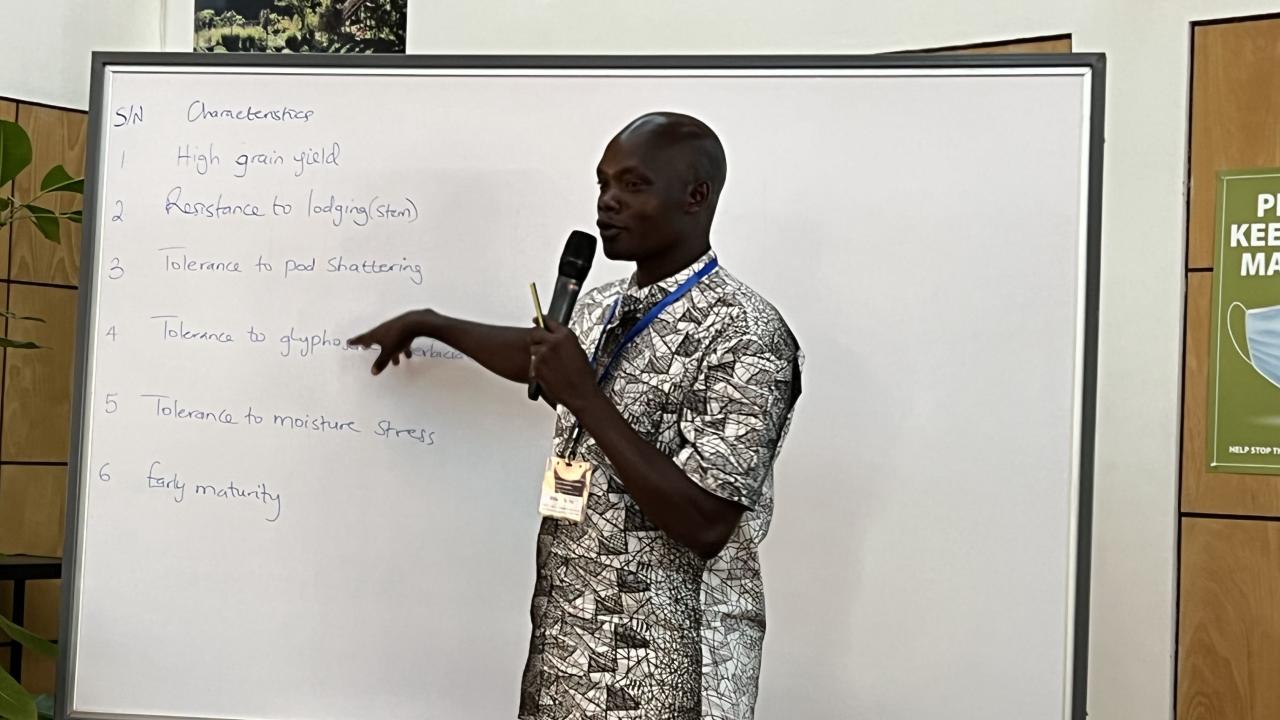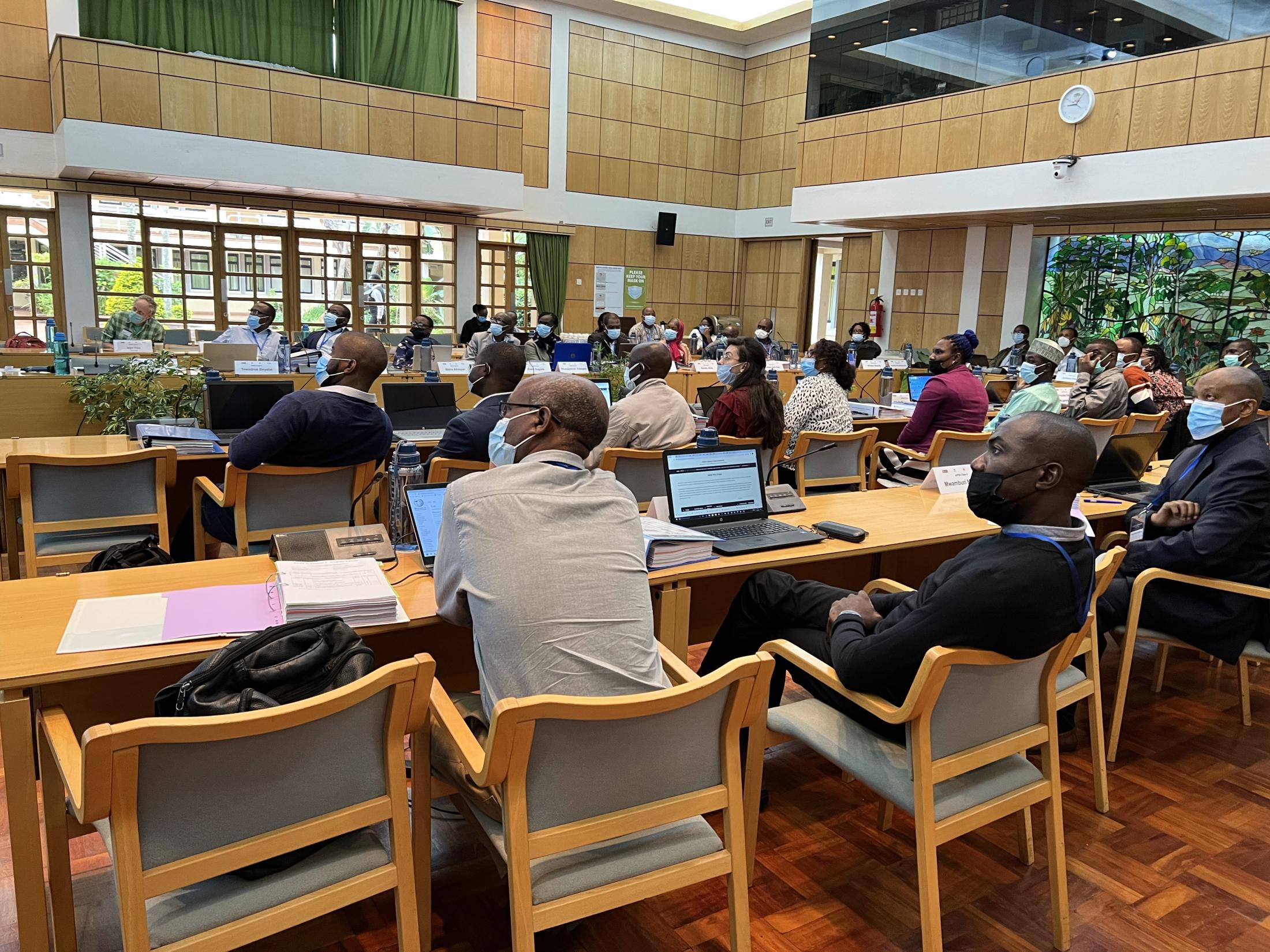
African scientists take courses hosted by Seed Biotechnology Center
Academy goal: Improve nutrition, resource management
Forty scientists from 22 African nations started in-person classes with the African Plant Breeding Academy this spring in Nairobi. The six-week program is hosted by the UC Davis Seed Biotechnology Center. Rita Mumm, director and primary instructor for the academy, is leading the program.
“We are thrilled to launch Class V of the academy after a two-year delay,” said SBC Director Allen Van Deynze.

The advanced course in plant breeding is being held at the Center for International Forestry Research-World Agroforestry in Kenya. The center is among 15 research hubs in the Consultative Group for International Agricultural Research (CGIAR), a global partnership of international organizations researching agriculture with the goals of improving human health and nutrition, reducing rural poverty, increasing food security and promoting sustainable management of natural resources. CGIAR partners include the United States and United Kingdom, the United Nations Food and Agriculture Organization and the World Bank. Participants are professionals from CGIAR centers across Africa.
Key instructors in the first of the three sessions, held May 16-28, were Rita Mumm, Todd Wehner, Iago Hale and Bruce Walsh (Hale and Walsh are both UC Davis graduates). “Many thanks go to Whitney Lowe, of UC Davis, and Imelda Ingumba, of CIFOR-World Agroforestry, for program support, and to Mars, Inc., for funding the course,” Van Deynze said.
The academy began in 2013 to teach the latest principles and techniques in crop improvement to Africa’s top scientists. So far, it has graduated 112 participants from 28 nations, Van Deynze said. Of those, 38 percent are women. “The last three classes have been 50 percent women,” he added. In 2019, graduates from the class established the African Plant Breeders Association to create a community of practice and extend research, educational and networking opportunities.
The academy was developed and is run by the UC Davis Seed Biotechnology Center in collaboration with CIFOR-World Agroforestry as an initiative of the African Orphan Crops Consortium. “Our goal is to eliminate stunting due to malnutrition by accelerating breeding of nutritious crops already important to African diets,” Van Deynze said.
Media Resources
Trina Kleist, tkleist@ucdavis.edu, (530) 601-6846.
